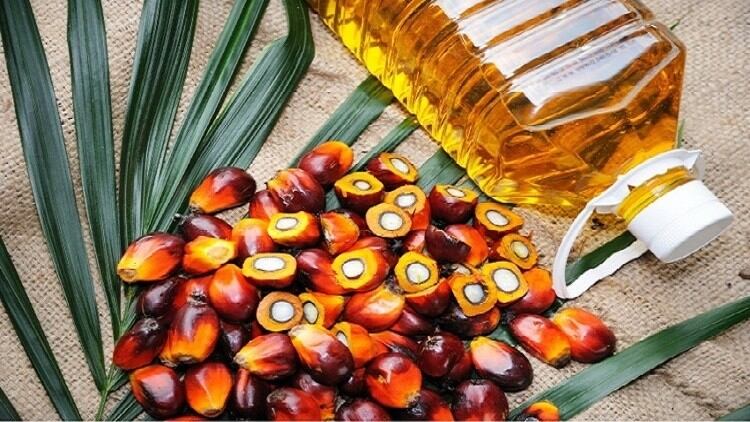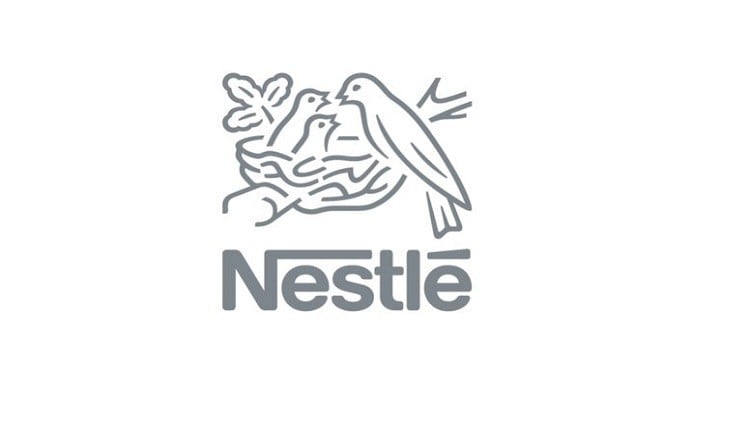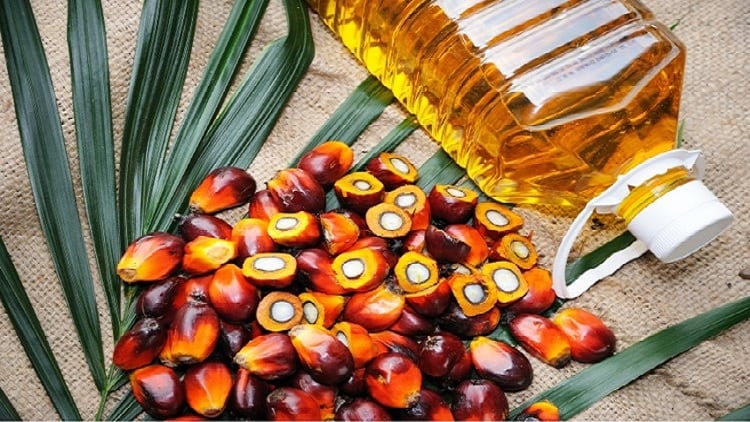The project had previously been cancelled after Mahathir’s political party Pakatan Harapan came into power last year, citing hefty costs and debts incurred.
Earlier this month, Tun Mahathir announced that the project had been revived at a lower cost of RM44bn (US$10.6bn), some RM21.5bn (US$5.2bn) less than the original RM65.5bn (US$15.8bn), and would also include increased palm oil exports to China.
“[We] are taking advantage of the signing of the agreement to work out the purchase of palm oil by China [even though it is not directly related]. That will happen,” said Mahathir at a press conference.
According to data from the Malaysian Palm Oil Board (MPOB), China is the second-largest importer of Malaysian palm oil worldwide at some 1.9m tonnes in 2018, behind only India (2.5mn tonnes).
A report by CGS-CIMB Research noted this to be a ‘potentially positive’ development.
“Should the deal involve higher palm oil sales volumes from Malaysia to China compared with 1.87m tonnes in 2018, this will boost CPO prices,” said the analysts.
“[As such], the impact on crude palm oil (CPO) prices will depend on the volume committed by China.
“[If China uses more palm oil than other edible oils as a result of this deal], this scenario will be also be an overall positive for the crude palm oil (CPO) prices due to higher global demand for palm oil.
“[That said, China maintains its palm oil usage but increasing] its share of palm oil purchases from Malaysia, it could potentially help widen the CPO price premium gap between local and Indonesia’s CPO prices.”
MPOB expects total exports to rise 4.3% to 17.2m tonnes in 2019, from 16.5m tonnes last year, and predicts export revenue to hit RM75 billion (US$18.1bn).
China increasing palm oil imports from Malaysia
Tun Mahathir’s announcement came on the back of Malaysia entering four collaborations with Chinese companies last month, which saw China increasing its palm oil purchases significantly.
The agreements were signed for some 1.62mn tonnes of palm oil exports worth RM3.63bn (US$891mn), which boosted China’s total palm oil purchases from Malaysia by about 50% to 4.7m tonnes.
Primary Industries Minister Teresa Kok described the agreements as a ‘good start’ to The Star, coming after a delegation meeting between China and Malaysia in August last year which saw China agree to increase Malaysian palm oil imports by 500,000 tonnes.
Retaliation ‘threats’ to EU palm oil ban
Last month, Tun Mahathir also warned the European Union that Malaysia would ‘retaliate’ if its ban on Malaysian palm oil continued.
“If they keep on taking action against us (banning our palm oil), we will think of buying [our fighter jets] from China or any other country,” he said at a press conference.
According to a statement issued by the Prime Minister’s Office, Europe is reported to be in the process of banning the use of palm oil for biofuel. Major reasons include claims that oil palm cultivation is causing deforestation and contributing to haze issues.
“Anti-palm oil sentiments in Europe against Malaysia are very strong [and] export of the commodity (from Malaysia) will be affected even though it is not our biggest market,” said Tun Mahathir.
Speaking at the same event, Kok added that to ensure oil palm sustainability, Malaysia had ‘limited the expansion of oil palm plantations in the country to 6.5m hectares’, ‘agreed that oil palm cultivation should not be encouraged in peat soils’ and ‘prohibited the use of Permanent Forest Reserves land for the cultivation of oil palm or other agricultural crops’ to ensure sustainability.





